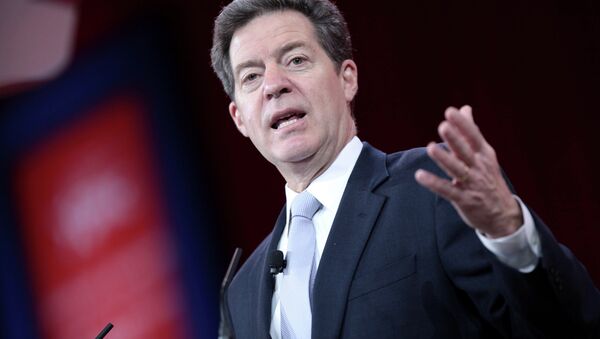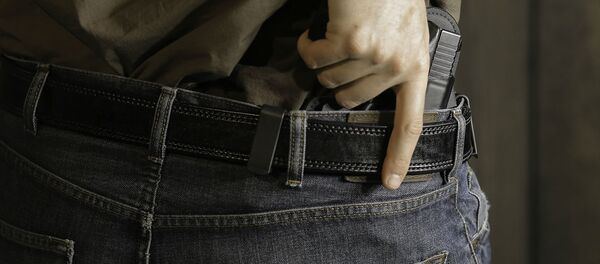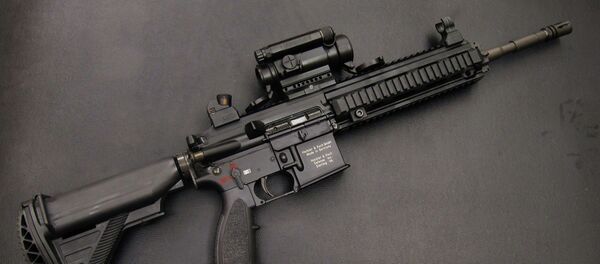“Responsible gun ownership – for protection and sport – is a right inherent in our Constitution,” Brownback said in a statement. “It is a right that Kansans hold dear and have repeatedly and overwhelmingly reaffirmed a commitment to protecting.”
The bill passed the state Senate 31-7 in February and it passed the state House of Representatives 85-39 in March.
The National Rifle Association applauded Brownback’s support for the law which goes into effect July 1.
"On behalf of the NRA's five-million members, we want to thank Governor Brownback and Senate Majority Leader Terry Bruce for their leadership on this critical issue,” Chris W. Cox, executive director of NRA’s Institute for Legislative Action, said in a statement. “This new law is a common sense measure that allows law-abiding Kansans to exercise their fundamental right to self-protection in the manner that best suits their needs.”
According to the NRA, murder rates have dropped in the states which have passed concealed carry laws most similar to that of Kansas. The rate dipped 23 percent in Alaska and 16 percent in Arizona.
“There is no way that taking away training can make guns safer,” Stanton said in an interview with Reuters.
Some concealed-carry permit holders in Kansas also oppose the law including Bill Warren, who owns a movie theater in Wichita.
"My number one priority is the safety of our customers, and after we talk to our security we will make a decision before it’s enacted,” said Warren, who hosted events for Brownback’s gubernatorial campaign. “It makes things for the general population less safe.”
Concealed Carry Permits, however, will still be available.
People who want to carry guns in the 36 states that accept Kansas permits are still required to undergo at least eight hours of firearm training.
In Kansas, businesses are still allowed to prohibit guns from being brought into their establishments.
Patricia Stoneking, president of the Kansas State Rifle Association, supported Brownback’s signing of the law, which her organization had spent that last ten years lobbying for.
She says the next step in easing of Second Amendment rights would be to lower the concealed carry age from 18 to 21.
“Eighteen-year-olds are allowed to open carry, and they go to war and put their lives on the line to protect this country,” Stoneking said. “I believe we can lower the age to 18 at some point in the future. I think after everybody sees that there are not going to be any of the dire predictions coming true, and they relax a little bit, then we can talk about that.”





